April 30, 2025
Why Banks Need to Move from Product to Experience Provider — A Conversation with David M. Brear, CEO of 11:FS

By Jody Bhagat, President, Global Banking, Personetics
When it comes to banking and innovation, David M. Brear operates squarely at its intersection. He is founder of the global digital innovation consulting firm 11:FS, he hosts the FinTech Insider podcast with some 35 million downloads, and he is a globally recognized financial services influencer with over 55,000 followers. I was delighted to host David as my guest on the latest episode of our podcast Banking on Innovation and hear his take on where banks currently find themselves on the innovation spectrum and where they need to be in order to thrive.
David’s fundamental message was that banks must transition from being a product provider—whether checking/savings accounts, loans, or credit cards—to becoming a trustworthy, intelligent, and proactive experience provider. This new mindset is what we explored in our discussion and drew strong parallels with the notion of Cognitive Banking.
AI Enabling Banks to Become Personal Advisers
With the introduction of AI and other technologies, banks have endless interfaces to communicate contextualized messages that increase engagement. “These days you can present compound interest in the simplest of terms or create a podcast off the back of a PDF,” David says. But banks also have the means to return to some of the traditional values of providing financial experiences. “The guys working in the branch would always be there for their customers. They were empathetic and helped break down financial terms so that customers could understand their problems. AI enables us to create this type of interface right now.”
Balancing Between Business and Engagement
While some banks may heavily emphasize sales interactions, relentlessly pushing products doesn’t create loyalty, according to David. A toned-down sales approach leaves plenty of room for banks to engage customers with other aspects of their business. Take community initiatives, for example. “Showing customers that you’re doing good for the community changes the way they feel about the business,” David says. And it doesn’t just boost customer engagement; it leads to new product adoption and higher retention by reinforcing the bank’s role as a meaningful experience provider.
Cognitive Banking: Shifting the Perception of Trust
Trust has always been a cornerstone of banking. The problem, according to David, is that customers have traditionally counted on banks for just one “tenuous,” non-compelling big-ticket item: ensuring that their money is in good hands. But these days it’s not enough to simply safeguard funds. Banks must actively demonstrate that they’re looking out for their customers. “Once you focus on relevancy and trust to address customer problems, then you’re starting from a completely different place,” David says. Cognitive Banking—where real-time data, AI, and automation converge—provides the framework for building this deeper trust. By anticipating financial challenges and offering proactive solutions, banks can shift from being transactional providers to trusted financial partners.
Integrating Silos Starts with Data
Banks have traditionally maintained siloed teams—for savings, mortgages, credit cards—that operate independently. But customers don’t think in silos. They want their bank to understand their financial picture holistically. David points out that data is the key to breaking down these silos. “Integrating monolithic silos to provide an intelligent service isn’t just a technological challenge; it’s a cultural one. And it starts with data. Without real-time, contextual information, banks will never get to the level of intelligence they need to give customers what they really want.”
Leveraging Data to Improve Customers’ Lives
Imagine a banking experience where an intelligent system automatically moves funds from a savings account to prevent an overdraft, or where an AI-driven adviser identifies excess cash flow to unlock a range of tailored solutions. “The next big thing in the industry will be when banks really add value and proactively engage with their customers to make their lives better,” David says. And we’re not talking about in five or 10 years. We’re talking about now.”
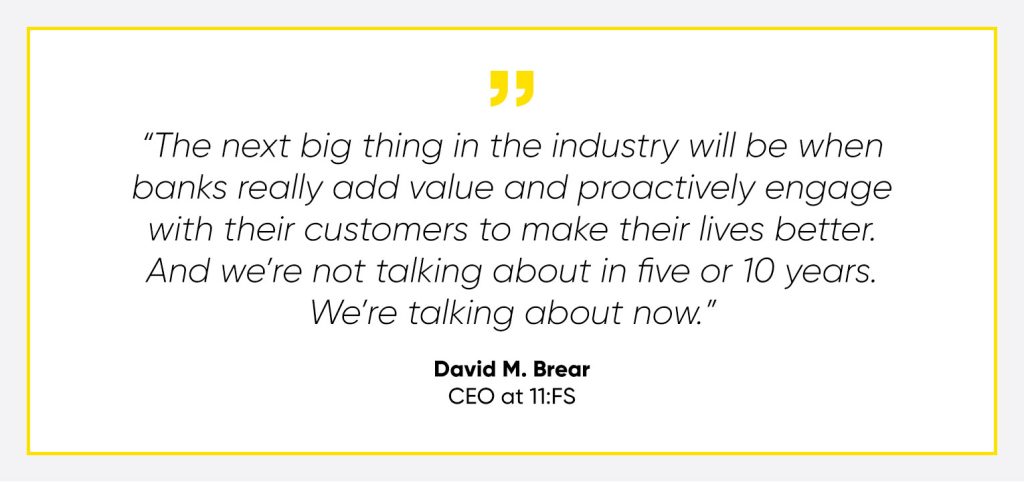
How Cognitive Banking Levels the Playing Field with Fintechs
According to David, Fintech’s disruption of the traditional banking market has reached a new level as they predominantly fill vacuums in areas that are “underserved, overcharged or overwhelmed”. They have grown by focusing on one simple advantage: solving real customer problems with speed, clarity, and true personalization. As David put it, “They’re providing a more personalized, more engaging experience… It’s a fundamentally different game they’re playing.”
For banks, this shift presents both a challenge and an opportunity. While early digital transformation efforts focused on efficiency and self-serve, today’s customers expect more: real-time, tailored financial guidance that fits seamlessly into their lives.
Cognitive Banking enables banks to meet this expectation—transforming data into actionable insights, delivered proactively and at scale. It’s a powerful way to move beyond self-service and create deeper, more valuable relationships with customers in a landscape where relevance and agility are everything.
Making the Move to More Value-Driven Experiences
Technology and banking have never been strange bedfellows. Just think how innovative cash was when it was first introduced over a thousand years ago. In modern times, banks have been using machine learning and narrow artificial intelligence for risk-based processes and robotic process automation to put together diverse datasets and structures. According to David, however, the banking industry, like so many others, is playing catch-up with their digital transformation agendas and still has a long way to go. “Digital banking is only 1% finished, so we have a lot more work to do,” David says. “But the winners will be those that first recognize the industry shift toward a more value-driven, engaging service and then take action.”
David’s global and experience-centric viewpoints provide a fresh perspective from which banks of all sizes can benefit. Banks can now deliver on value-driven experiences in ways that weren’t possible even a few years ago, and Cognitive Banking is playing a critical role in that shift.
Watch the full Banking on Innovation episode with David M. Brear.
How can you listen to the podcast?
Please tune in and join me and my guests on this journey.
You can access new podcast episodes here: Spotify, Apple, and YouTube.
Connect with podcast host Jody Bhagat on LinkedIn: https://www.linkedin.com/in/digitalbusinessgrower
Want To See How Cognitive Banking and AI Can Transform Customer Engagement?
Request a Demo Now
Latest Posts
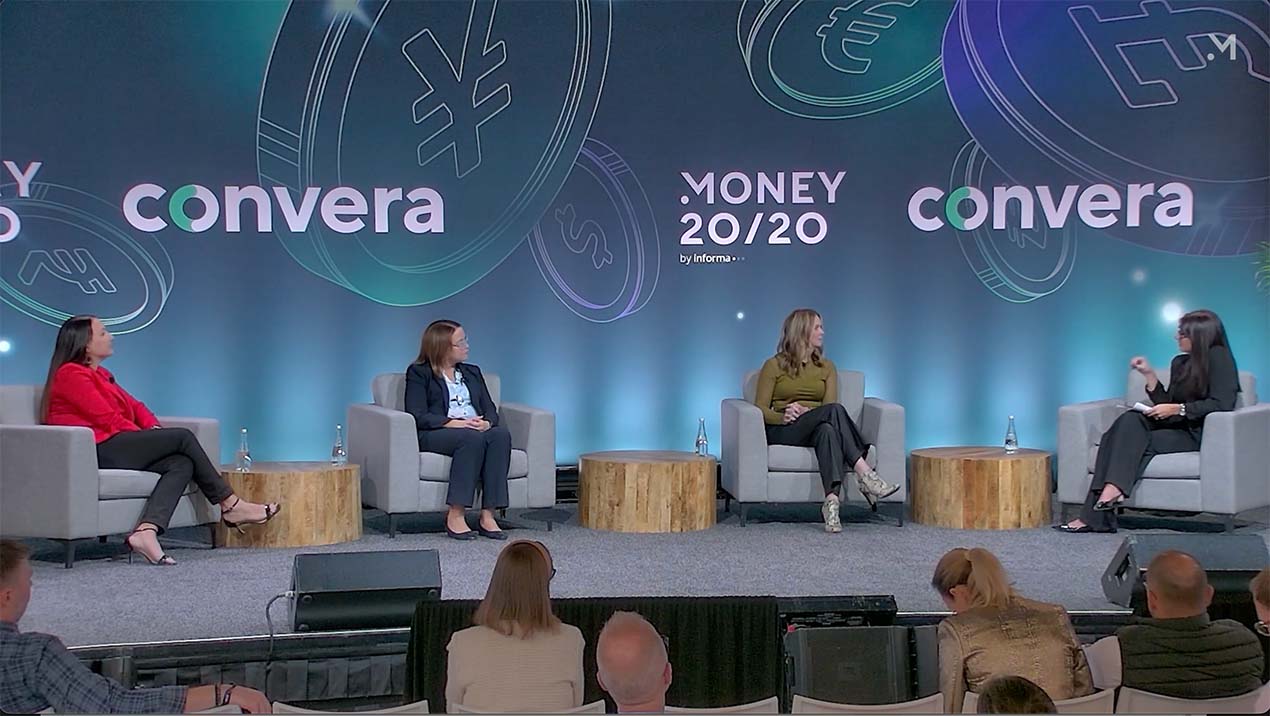
Meet Personetics at North America Banking & Fintech Events in 2026

Meet Personetics at LATAM Banking & Fintech Events in 2026

Meet Personetics at APAC Banking & Fintech Events in 2026
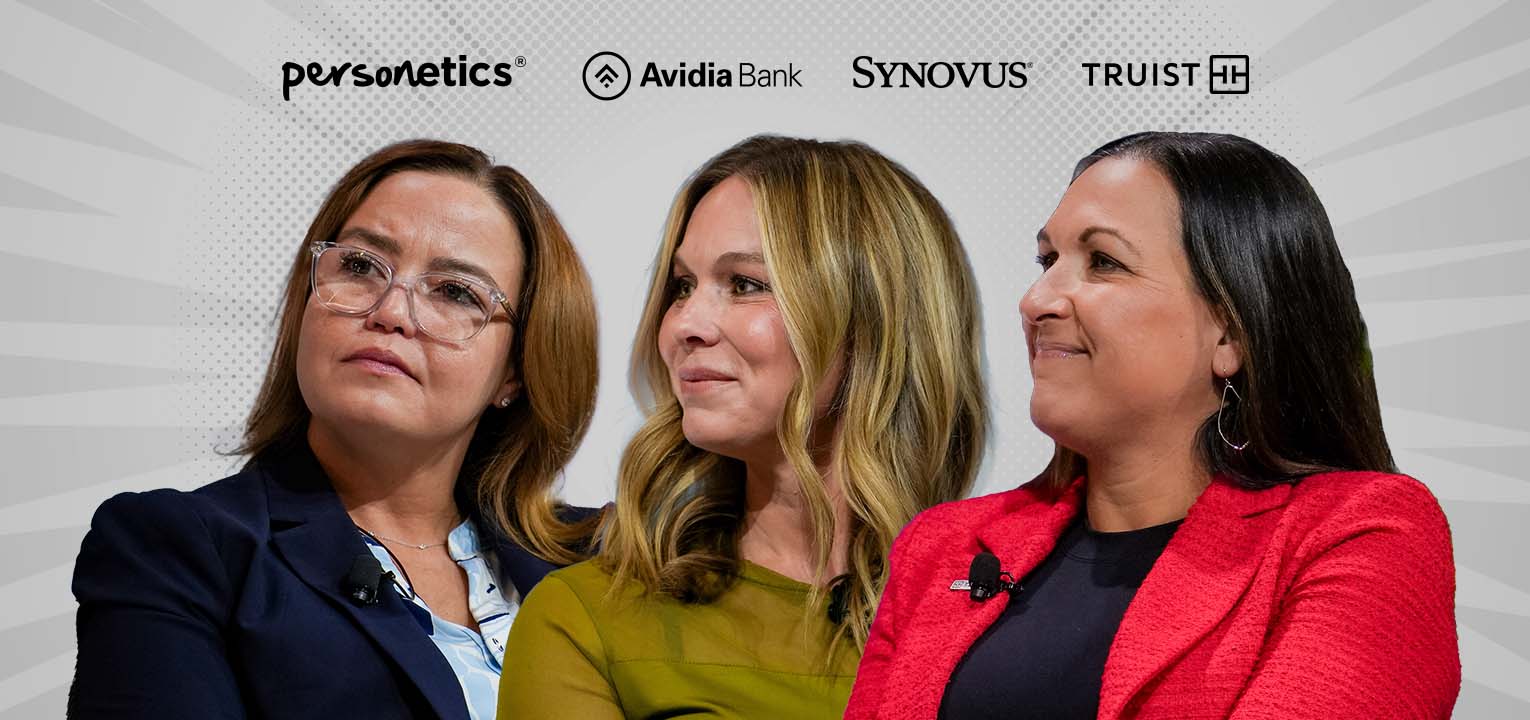
How to Monetize AI While Building Trust
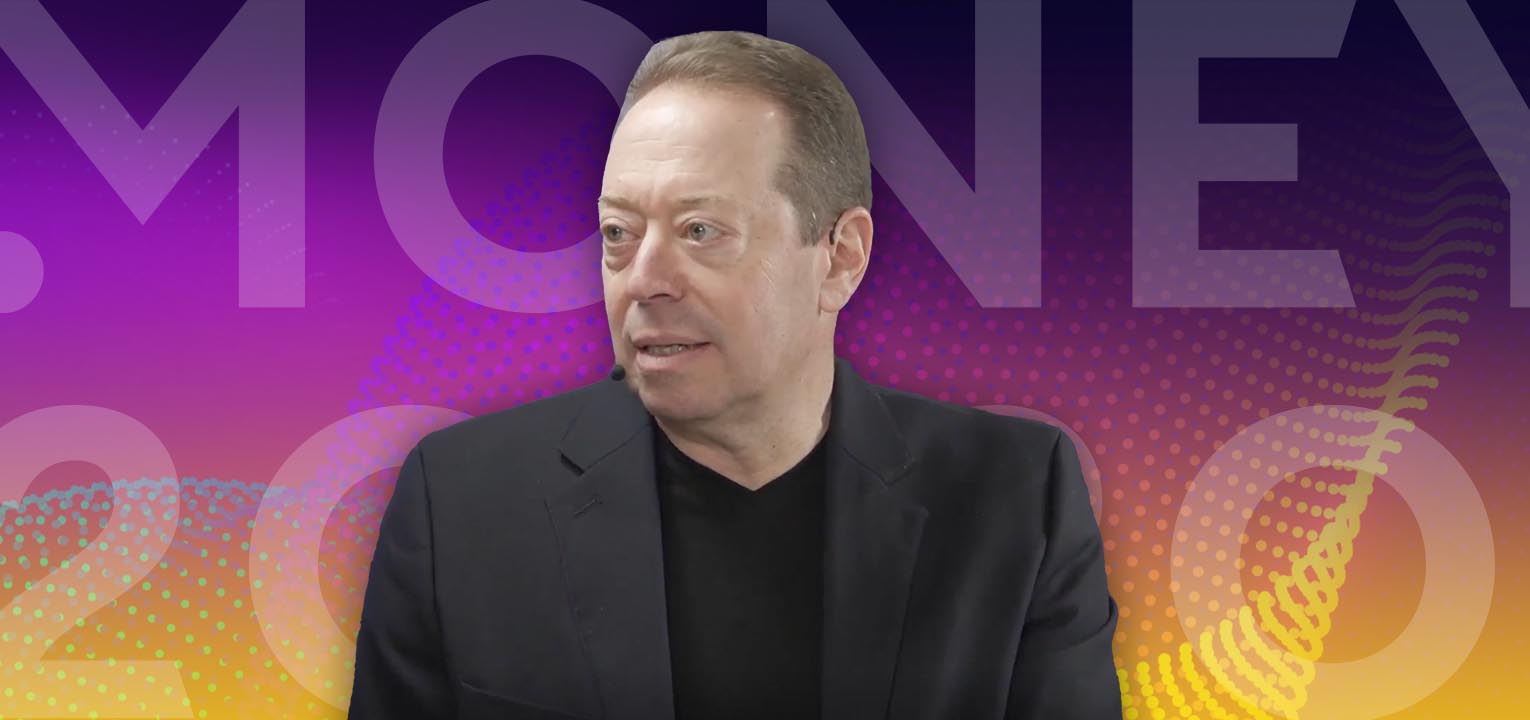
Cognitive Banking, Primacy, and the New AI Playbook for Banks: Insights from Money 20/20

How to Prevent Churn & Grow Wallet Share: Bank Primacy Playbook
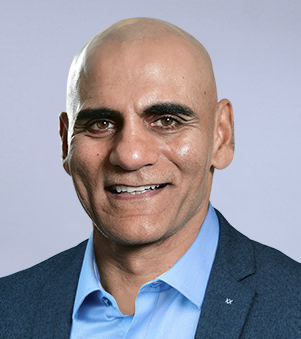
Jody Bhagat
President Global Banking
Jody brings deep operating experience in financial services – managing direct channels, launching digital ventures, and leading digital transformation programs. He was previously a Partner at McKinsey & Company, where he helped financial institutions define and execute digital transformation programs to drive customer growth and operating efficiency. Jody also served in senior digital operating roles at U.S. Bank, Wells Fargo, and Providian. In these positions, he led digital sales and service functions and direct to consumer businesses to deliver organic growth and enhanced customer experience. Jody has an MBA from Northwestern University and a BS in Computer Engineering from The University of Michigan.









